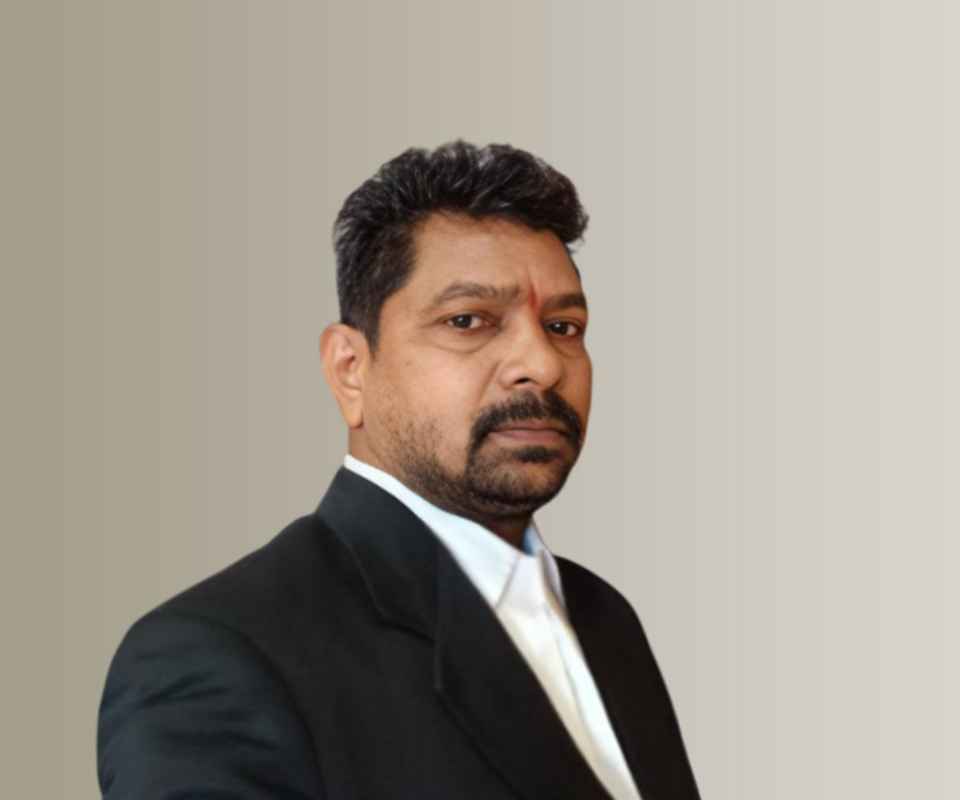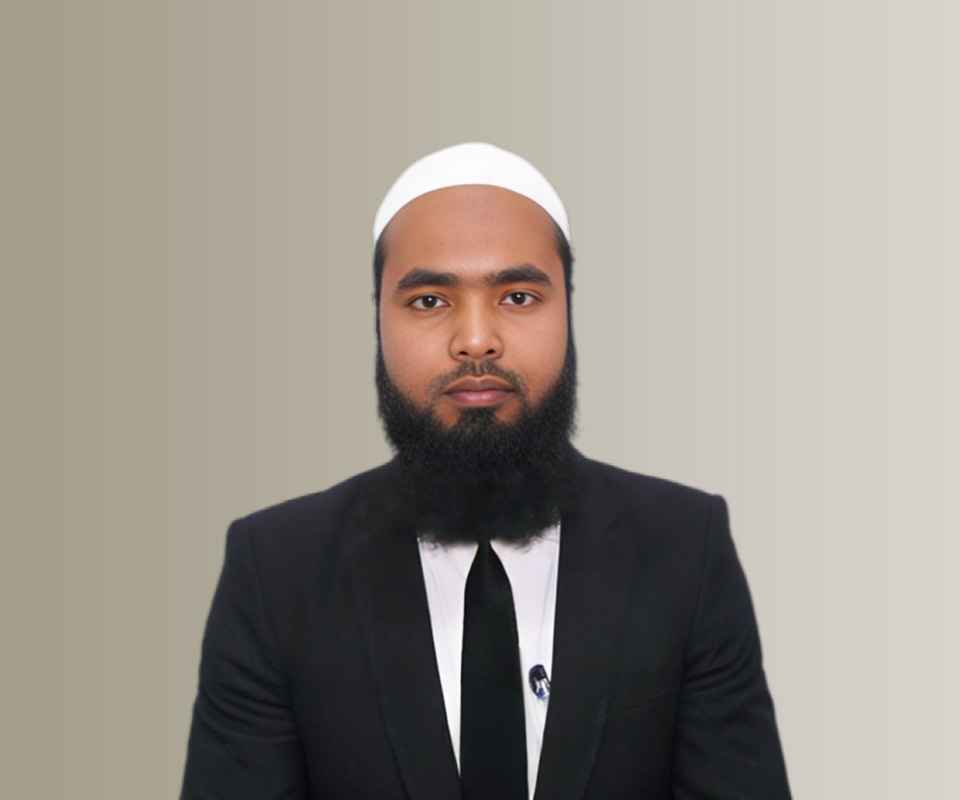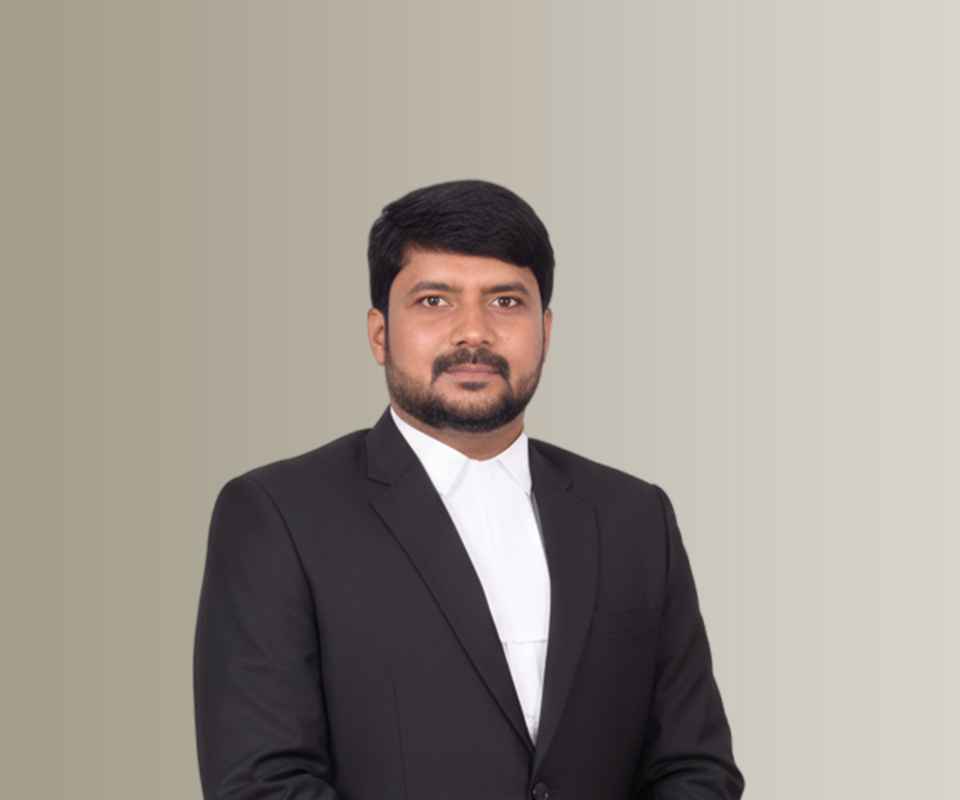Answer By law4u team
Yes, children can legally file complaints against parents for forced marriages in India, and they are protected under various laws that aim to safeguard their rights. Forced marriage, which occurs when an individual is coerced into marriage against their will, is considered a violation of fundamental human rights, particularly the right to personal freedom, consent, and protection from abuse. There are several legal frameworks in India and internationally that provide children with avenues for protection and justice in such cases.
Legal Protection Against Forced Marriages in India
The Prohibition of Child Marriage Act, 2006
Child Marriage is a serious violation of children's rights in India. The Prohibition of Child Marriage Act (PCMA), 2006, prohibits the marriage of children below the age of 18 for girls and 21 for boys.
- Under this Act, if a child is being forced into marriage, they have the right to approach law enforcement authorities and file a complaint.
- Action by Authorities: Authorities, such as the police, child welfare committees, or even a magistrate, can intervene if they believe a child is being forced into marriage. The Act allows for the annulment of child marriages, and the child can seek protection from the marriage and from any further coercion.
The Juvenile Justice (Care and Protection of Children) Act, 2015
Under the Juvenile Justice Act, children who are at risk of being forced into marriage are entitled to protection and care.
- Children can approach child welfare authorities, such as the Child Welfare Committee (CWC), and report the situation. If a child is at risk, they can be removed from their home and placed in protective custody or foster care.
- The CWC can also initiate legal proceedings to stop a forced marriage and provide necessary protection to the child.
The Protection of Children from Sexual Offences Act (POCSO), 2012
The POCSO Act is designed to protect children from sexual abuse and exploitation. If a forced marriage involves any sexual abuse, coercion, or exploitation, the child can file a complaint under this Act.
- Forced sexual relations within a marriage, especially involving children, would be considered a criminal offense under POCSO. The Act also provides for the protection of the child during investigation and trial.
Domestic Violence Act, 2005
If the forced marriage involves domestic violence, a child can approach the Protection Officer under the Protection of Women from Domestic Violence Act, 2005.
- While this law is primarily designed to protect women, children who are forced into marriages or face violence due to the marriage can also seek relief and protection from the court.
Indian Penal Code (IPC) - Sections Related to Kidnapping and Forced Marriage
Section 366A of the IPC specifically deals with Procuration of Minor Girls, making it a criminal offense to coerce or force a minor girl into marriage.
- Section 375 of the IPC, which defines rape, also includes provisions related to sexual relations under force, and in the context of forced marriage, if the child is under the age of consent, it is considered statutory rape.
The Indian Constitution
The Constitution of India guarantees children certain fundamental rights under Article 21 (Right to Life and Personal Liberty), Article 14 (Right to Equality), and Article 15 (Prohibition of Discrimination).
- These rights protect children from coercion and exploitation, including forced marriage. If a child’s rights are being violated by a forced marriage, they can approach the courts to seek relief.
How Children Can File Complaints
Police and Law Enforcement
A child who is at risk of or has been subjected to a forced marriage can immediately file a complaint with the police. If the child is a minor, law enforcement is obligated to take action to prevent the marriage and ensure the child’s safety.
- The National Commission for Protection of Child Rights (NCPCR) and state-level child protection commissions are also resources to which children can report such violations.
Child Welfare Committees (CWC)
If a child is facing coercion or forced marriage, they can approach the Child Welfare Committee or a child protection officer for help. The CWC can take immediate steps to ensure the child’s safety, including placing the child in a shelter or providing them with counseling and legal support.
NGOs and Helplines
Several Non-Governmental Organizations (NGOs) in India provide support to children facing forced marriages. Organizations such as Save the Children and Childline India have helplines and resources for children to report such issues.
- The Childline India helpline (1098) is a 24-hour emergency number that children can call if they are at risk of being forced into marriage.
Judicial Intervention
A child can approach the Court directly through a Public Interest Litigation (PIL) or by seeking help from a Guardian Ad Litem (a legal representative for minors) to file a petition in the court seeking relief from forced marriage.
- The court can issue directions for the child’s protection, annul any illegal marriage, and ensure appropriate care for the child.
International Protection and Legal Remedies
United Nations Convention on the Rights of the Child (CRC)
India is a signatory to the UNCRC, which recognizes the right of children to be protected from any form of harm, including forced marriage.
- According to Article 19 of the CRC, children have the right to be protected from all forms of abuse, and Article 34 specifically protects children from sexual exploitation, which includes forced marriages.
- The UN Committee on the Rights of the Child has recommended that states take measures to prevent child marriages, including ensuring that children have access to legal support if they are coerced into marriage.
International Human Rights Law
Forced marriage is considered a violation of human rights under international law, and children who are subjected to it are entitled to legal protection.
- The International Covenant on Civil and Political Rights (ICCPR) and Convention on the Elimination of All Forms of Discrimination Against Women (CEDAW) also provide frameworks that protect children and women from forced marriage.
Example of Legal Protection in Action
Example: A 16-year-old girl, residing in a village, is being forced into marriage by her parents. She calls the Childline helpline (1098), and the team arrives immediately to intervene. The authorities contact the Child Welfare Committee, and she is placed in a protective shelter while the legal process to annul the forced marriage is initiated. The parents are also investigated for the crime of coercion, and the girl is provided with psychological counseling and legal support.
Conclusion
Yes, children in India can legally file complaints against parents for forced marriages. Various laws, including the Prohibition of Child Marriage Act, Juvenile Justice Act, POCSO Act, and others, provide legal frameworks to protect children from forced marriages. Children can seek protection from law enforcement, child welfare committees, and legal authorities, who are required to intervene and protect the child’s rights. Additionally, international frameworks like the UNCRC ensure global recognition of the child's right to protection from forced marriage, and children have access to resources such as helplines and NGOs for support.







